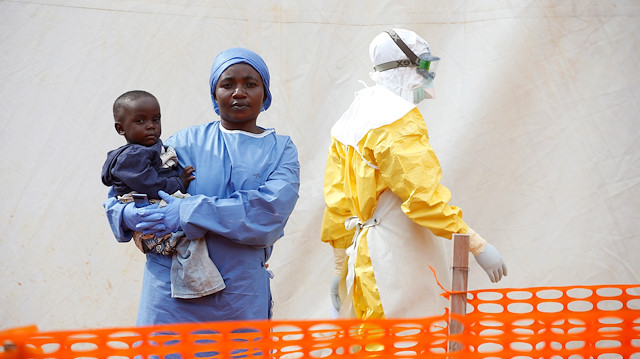
Emmanuel André, a doctor and professor at Leuven University in Belgium who has been working with people in Congo affected by tuberculosis - another infectious disease - says the way to counter distrust is to engage with people directly affected by a disease or who have direct experience of a medicine to harness their experience.
"Medicine and public health have not yet learned how to deal with humility and mistakes," he said.
"How can we ask trust from the people in the North Kivu when political authorities, United Nations agencies and international NGOs have jointly failed to provide primary services - including health? How can we ask them to expect that these same actors now would be able to provide a solution?"
A study André conducted in Congo in 2014-2016 found in the detection of tuberculosis - a disease that can spread widely if people with it don't come forward for treatment - training volunteer screeners from local communities, mainly people who had themselves been treated for TB or had a family history of the disease, improved diagnosis rates and engagement.
"Building trust with the people is critical," he said.














